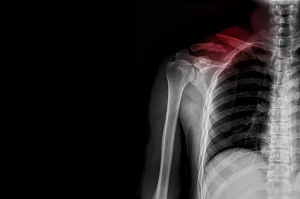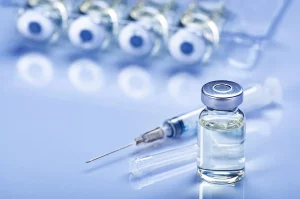More than 17 million cosmetic procedures are performed in the United States each year. Most of these are minimally invasive, designed to improve your appearance in subtle ways without the surgery, stitches and long healing time of early facelifts, once the only rejuvenating option available.
Today’s most popular procedures are:
- Botox injections to soften lines, with more than 7 million done annually.
- Injectable fillers to plump folds, 2 million of which involve hyaluronic acid products.
- Chemical peels and micro-dermabrasion, both of which resurface skin.
- Laser hair removal.
Keep in mind that “minimally invasive” doesn’t always mean zero healing time. It can take weeks for the redness and crusting to disappear following strong re-surfacing procedures that remove damaged top layers of skin. But they don’t involve the surgery and lengthier recovery of facelifts and eyelifts, for instance. And in fact, fewer and fewer of those procedures are being done.
With the easy accessibility of peels and injections, people at younger and younger ages are starting to avail themselves of these treatments, even before they have a real need for them.
Experts warn not to start too soon — overly plumped lips and a frozen forehead can actually make you look older than you are. They recommend more emphasis on caring for skin from an early age to prevent or delay the need for procedures in the future.
If you’re considering having some work done, have a candid conversation with a dermatologist or plastic surgeon to determine which, if any, procedures are right for you, along with realistic expectations of what can be achieved.
Remember that these are all true medical procedures that should be performed in a controlled environment by highly trained healthcare providers. Some minimally invasive procedures can be done by a skilled dermatologist while others require a plastic surgeon.
More information
The American Society of Plastic Surgeons has details on all cosmetic procedures, from peels to surgical options.
Source: HealthDay
Copyright © 2025 HealthDay. All rights reserved.

















